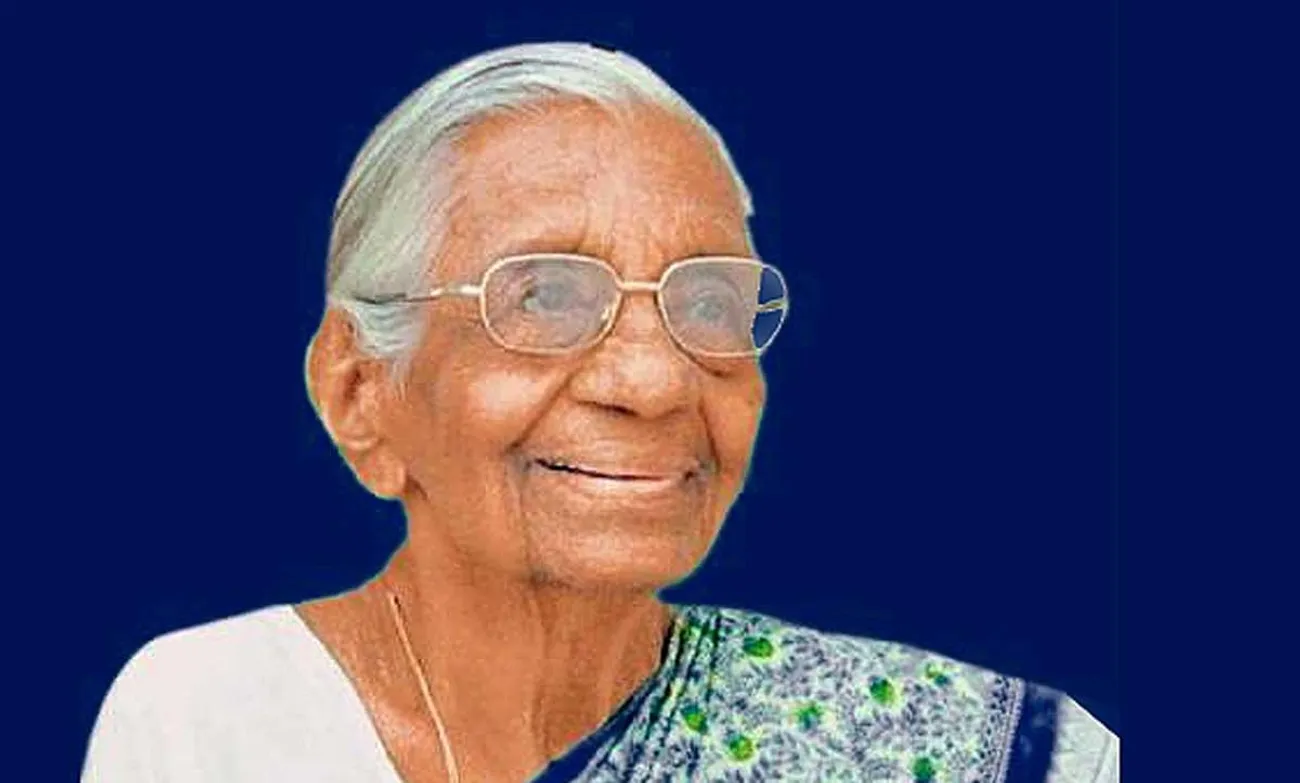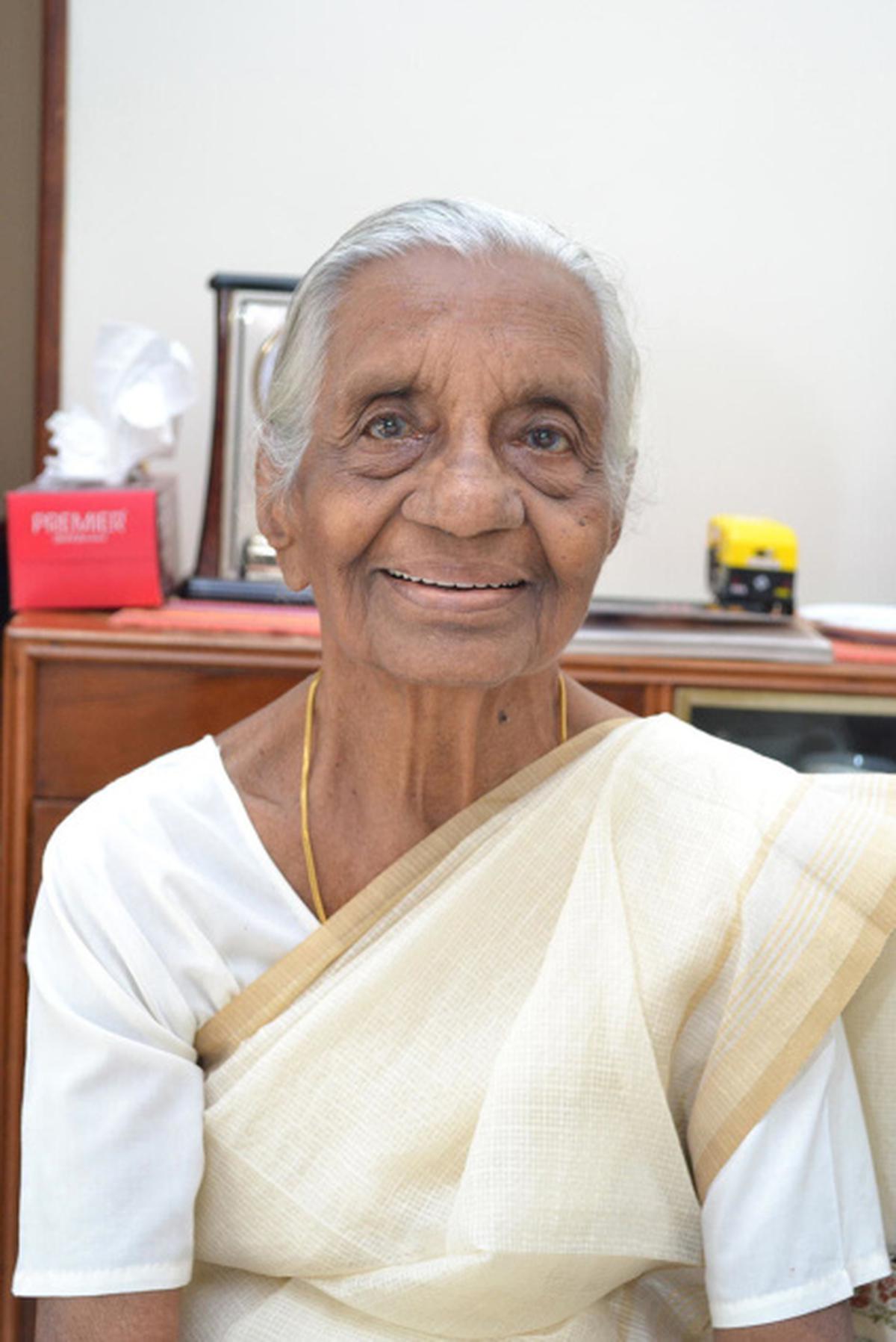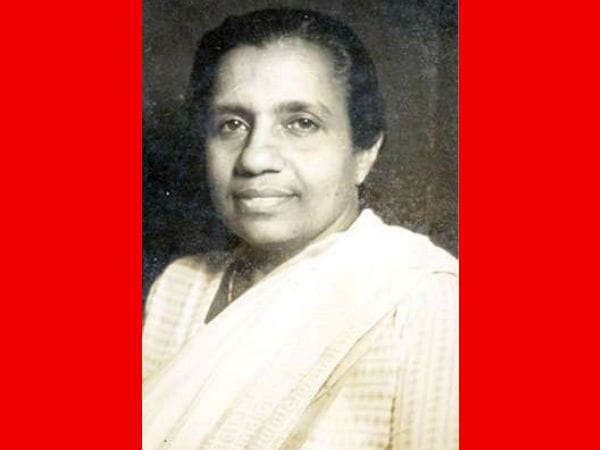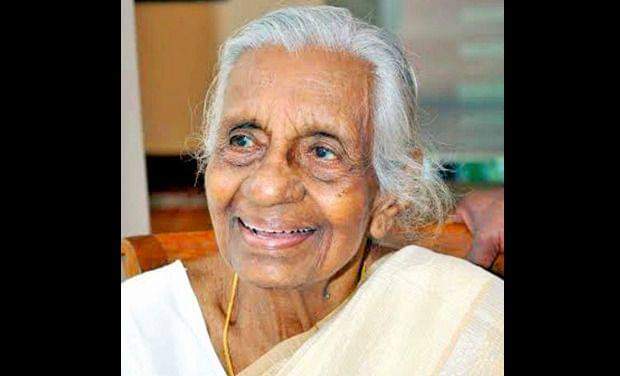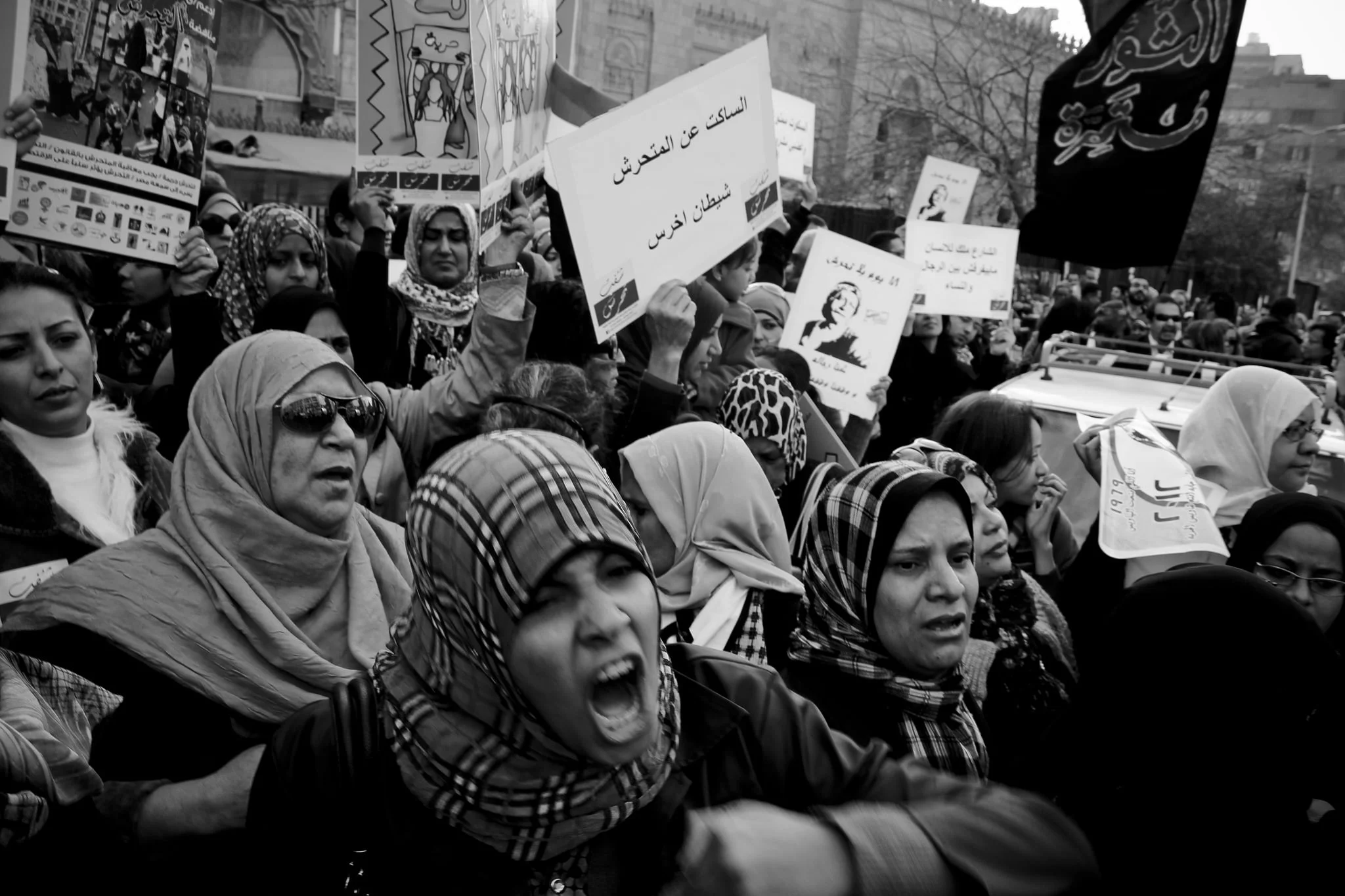Election times are the repositories of fascinating stories and recounting them time and again bring forgotten faces to mind. Kerala is in the midst of yet another election-fray. The bypolls for Wayanad, Chelakkara and Palakkad constituencies are set to be held later this month. The ruling LDF government, currently in their second term, is facing severe criticisms regarding a host of issues.
It is important to explore the story of the first bypoll and the unrelenting life of the legendary Rosamma Punnoose.
So, as expected, the ruling front is in the ring trying to defend their long tenure and the opposition is fighting back vigorously, trying to compensate for every missed opportunity for the past eight years. This context brings to mind the story of Kerala’s first bypoll, held in 1958, in Devikulam constituency. The story of the first bypoll is also the story of Rosamma Punnoose, the woman who defied all odds. It is important to explore the story of the first bypoll and the unrelenting life of the legendary Rosamma Punnoose.
The story of Kerala’s first bypoll
The story of Kerala Legislative assembly begins with Rosamma Punnoose. Rosamma was elected to the first post-independence Kerala legislative assembly from Devikulam constituency in Idukki district in 1957. She was the first MLA to take oath in the assembly. She was assigned the post of protem speaker and subsequently went on to administer oath for all other members of the assembly on April 10th, 1957. In an interesting turn of events, Rosamma also became the first person to lose the post following a court verdict that paved the way for the first by-poll in Kerala’s political history.
The bypoll was announced due to the disqualification of the elected CPI candidate, Rosamma Punnoose, after the Congress candidate, BK Nair, approached the Kottayam tribunal with a complaint of his nomination paper getting rejected without valid reasons. It was a crucial election for the world’s first democratically elected Communist government since the issues at stake involved gauging the public sentiment about the newly formed government.
On the one hand, the EMS government faced intense opposition from different interest groups due to the revolutionary laws introduced aiming at social reforms. On the other hand, the anxious Congress Party was trying to put a stop to the Communist advancement. The election heat escalated to an all-time high, resulting in a star-studded electoral showdown. While senior Congress leaders including Indira Gandhi herself campaigned for the Congress candidate, VS Achuthanandan who later became the Chief Minister of Kerala, was in charge of Rosamma’s election campaign.
In a political masterstroke, he convinced MG Ramachandrandan-MGR of Indian Cinema-to campaign for Rosamma in a constituency that had a substantial number of Tamil voters. That was the only time he ever campaigned in Kerala. Another fun fact about the election is that renowned music director Ilayaraja, back then a young boy, also campaigned for Rosamma by singing election songs.
The bypoll result was nothing short of a shell-shock to the Congress Party that anticipated a comfortable win. Rosamma Punnoose won the election with a three-fold increase in majority from the previous election. The Hindu described the election as a vote against Congress organisation and the times of India described how the election managed to shatter the morale of all opposition parties in the state.
The Hindu described the election as a vote against Congress organisation and the times of India described how the election managed to shatter the morale of all opposition parties in the state.
Rosamma returned to the assembly again, riding high on her new victory. Though many factors helped in the election victory, the political clout of Rosamma Punnoose cannot be dismissed. While the bypoll holds a special place in the political history of Kerala, it is but one of the many chapters of the long and arduous political journey of Rosamma Punnoose.
The unrelenting life of Rosamma Punnoose
Luckily, Rosammma did not have to look very far to find a role model in politics who defied conventions. Her elder sister, Accamma Cheriyan, was a freedom fighter, best known for a mass protest rally she organised against the Travancore princely state in 1938. She also served a brief tenure as the president of State Congress and was also elected in the first free election held in the state of Travancore. Interestingly, in the first bypoll to the Lok Sabha in Kerala, Accamma Cheriyan was the left independent candidate. Under her able guidance, Rosamma began her political career with the Travancore State Congress in 1939. Subsequently, she joined the Communist Party of India in 1948.
Rosamma’s political activism has to be read closely with the context. Only then, does the extent of non-conformism becomes stark. Though Kerala society always stood out when it comes to the freedom and voice enjoyed by the women in the society, more often than not, the freedom to act and voice their opinions was limited to the spheres of approved activities. Robin Jeffrey notes in his work on women in politics in Kerala that politics was not considered an accepted sphere of activity.
In a society crosshatched along caste and gender lines, let alone political activism, public space in itself was inaccessible for women. Despite the hostile setting, Rosamma fought fiercely, even enduring imprisonment for three years. Her political career did not stop with the bypoll victory. She supported CPI after the Communist Party split. She unsuccessfully contested the 1982 Assembly election from the Aleppey constituency.
She returned to the assembly for a second time in 1987. Besides political office, she also served as the President of Kerala Mahila Sangham (1969-83), head of the Housing Board (1975-78), and was also a member of rubber board for ten years. She retired from politics only in 1998, when she stepped down as chairperson of the Kerala State Women’s Commission.
Rosamma was a maverick in every sense of the term. In a society, where women rarely got the privilege of basic education, she was a law graduate and a practicing lawyer. She took up the cases of the workers and fought for their rights. Her marriage with PT Punnoose, a prominent Communist leader also symbolises the person she was and the unconventional life that she chose to live.
Her marriage with PT Punnoose, a prominent Communist leader also symbolises the person she was and the unconventional life that she chose to live.
Back then, the Catholics were at loggerheads with the Communists. On top of that, Punnoose was a Marthoma Syrian. A marriage alliance between a catholic and a Marthomite was unheard of in the region. Rosamma’s family, the famous Kaipparambil house, supported Congress party and opposed this relationship. To make things worse, Punnoose, back then, was absconding due to a crackdown on the Communist activists in the region. However, as has been the track record of her life, she went through with this difficult decision that did not enjoy approval. She married him at a church in Cochin with a special letter of consent from the Pope.
A life that calls for a tribute
Rosamma’s life and especially her political career has not received the documentation it deserves. Documents featuring her life and tenure are scarcely available. The importance of preserving them becomes evident as we take a look at the political history of the state. The representation of women in the Kerala Assembly post-independence has not been a matter of pride.
The representation of women in Kerala Assembly has not exceeded 10% so far and the state has never sent more than two female representatives to Lok Sabha. These facts show the sedimented layer of patriarchal values underneath the progressive façade. In such a context, it is easy to forget what women could achieve, given a chance. Rosamma’s life is a reminder of this untapped potential in Kerala society.
If defying social norms is an aberration for an average individual, it was a way of life for Rosamma. She chose the less chosen paths and cleared tracks where none existed before. While interviewing politicians in the local bodies in Kerala for my doctoral research, one of the phrases that I hear frequently when asked about gender discrimination is that it will get better over time. That the society cannot improve if the people stop questioning the norms and pushing the boundaries is conveniently forgotten.
The story of the first bypoll also becomes the story of Rosamma Punnoose because of the life she lived and the boundaries she redrew by continuously fighting in the public-political space. In the current political context, when we are still clamouring for adequate female representation in the higher echelons of power, the story of a woman in politics who prevailed against odds, calls for a tribute.
About the author(s)
Shreya K Sugathan is a Research Scholar, at the University of Hyderabad.
